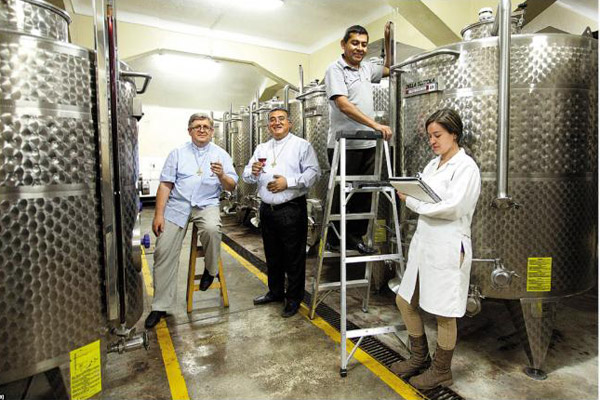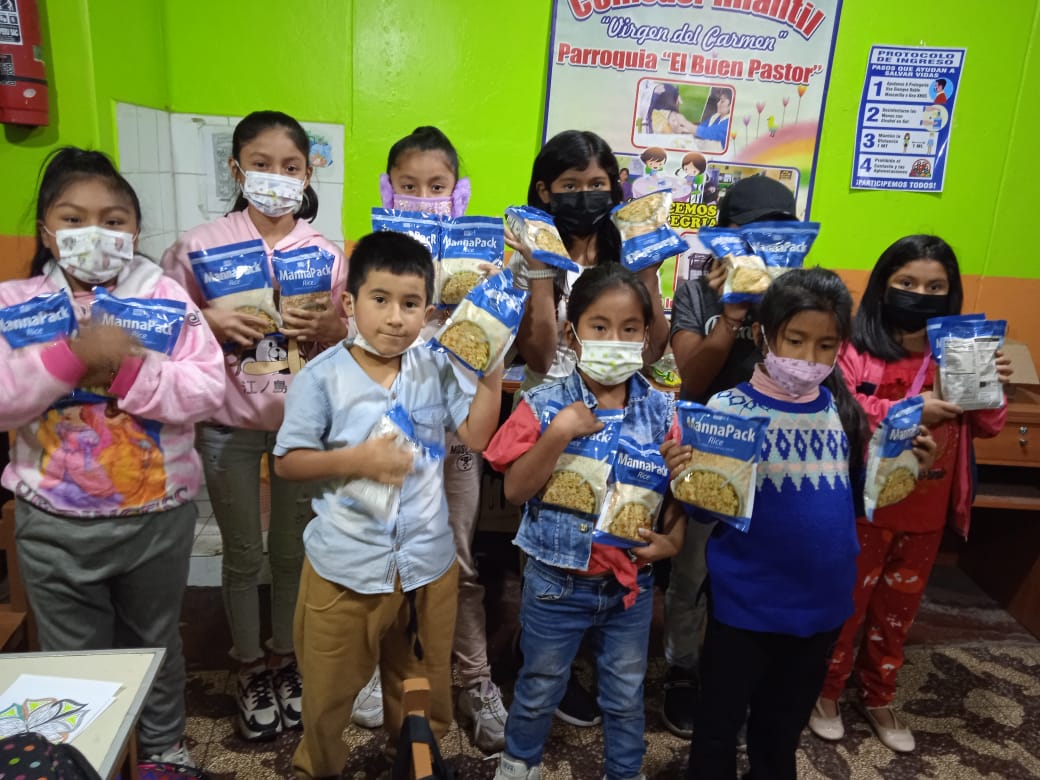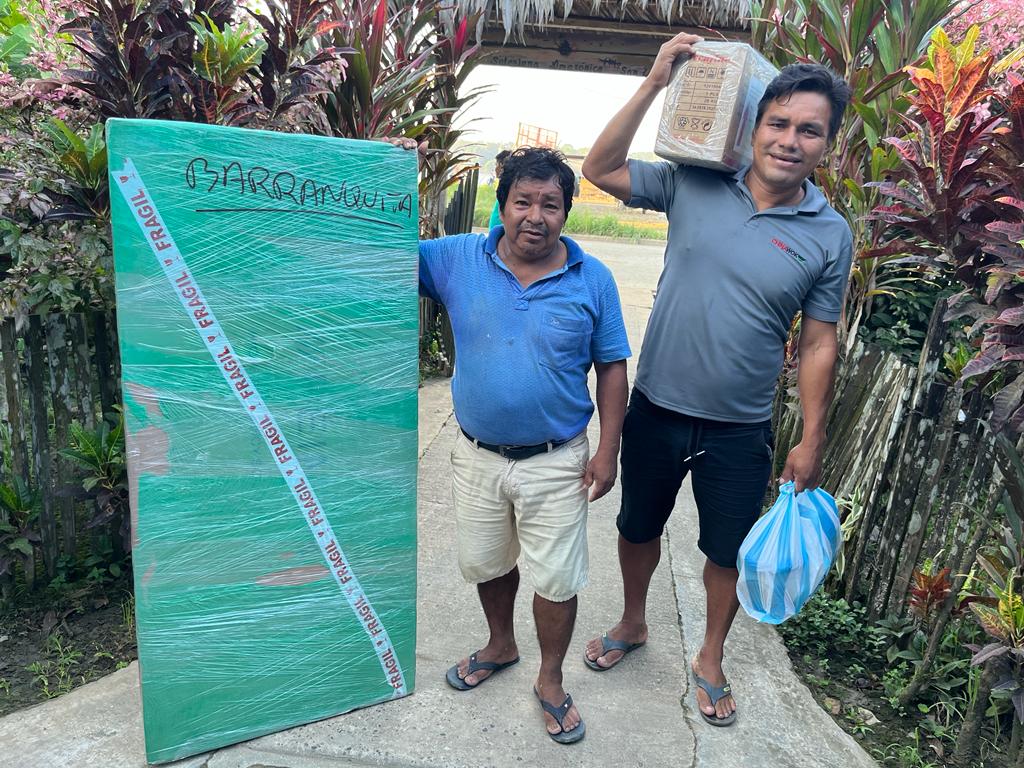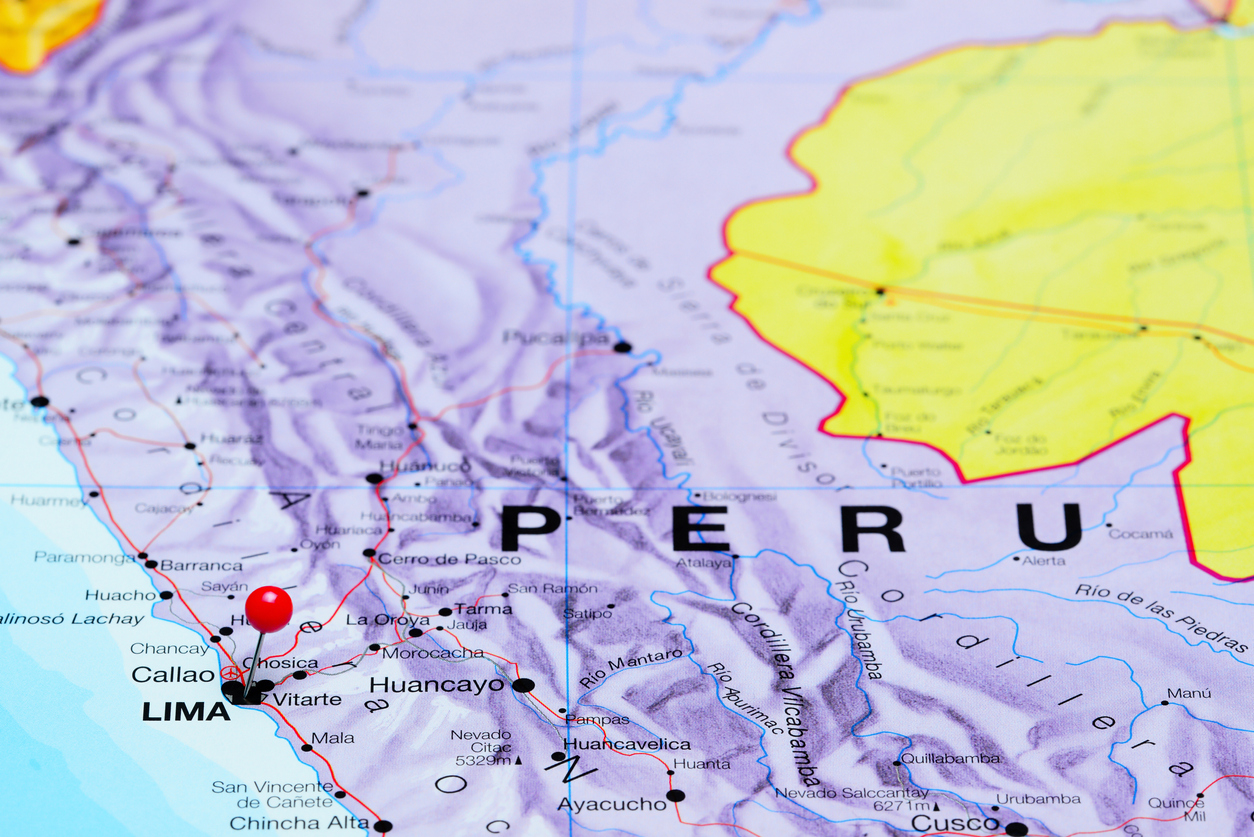PERU: Award-Winning Salesian Winery Teaches Art of Winemaking

(MissionNewswire) Peru has high levels of income inequality and more than a quarter of its population living in poverty, according to the World Bank. Poverty levels are significantly higher in rural areas but urban areas struggle most with inequality, most notably metropolitan Lima, the capital city of Peru. Poverty in the country is made worse by a shortage of productive farmland and a lack of employable skills, specifically among young people and women entering the workforce. In addition, Peruvians lack access to adequate housing, nutrition and education.
Peru has also been plagued by hunger and disaster. According to the World Bank, close to 25 percent of children in the country are chronically malnourished. Communities continue to rebuild after an 8.0 earthquake in August 2007 which killed more than 500 people and injured hundreds more in the central coastal cities of Chincha, Pisco and Ica. The quake destroyed close to 60,000 residential and commercial buildings, leveled hundreds of acres of farmland and left countless Peruvians without means of livelihood.
Salesian missionaries working in Peru have provided life-saving support and education to poor youth and their families through the years as well as helped with rebuilding efforts after the earthquake. Salesian programs in the country focus on education and workforce development, helping to ensure that young Peruvians have access to the education and technical skills training that will enable them to find and retain long-term stable employment.
At a Salesian complex called the Don Bosco Foundation in Breña, a district of Lima, Salesian missionaries produce award winning wine which has been sold to the public since 2000. Profits from sales go to support local Salesian education and job skill training programs for youth.
Founded in 1930, the Salesian winery at the Don Bosco Foundation originally only produced wine for the Salesian church but later expanded to supply wine to other church congregations in Lima. In 2000, Salesian missionaries expanded the production further and began selling wine to the general public. The missionaries do not have farmland to grow their own grapes so they buy from local farmers instead and in this way, invest back into the community.
The Salesian wine production process has modernized through the years from the use of a manual grinder and old wooden barrels to automated equipment that produces and bottles several different types of wines. In 2014, three Salesian wines were awarded medals in a yearly competition held in Argentina that brings together wine brands from all over the world.
In addition to raising funds to support Salesian programs, the winery acts as a technical skills training program at the Don Bosco Foundation for local youth who are interested in winemaking. The Foundation accepts youth from all over Peru into the winemaking program and provides them with training and a place to live.
“Here we give them an opportunity to study and prepare for life,” says Marcos Calderon fundraising manager at the Don Bosco Foundation. “The processing plant for the Salesian wine is small compared to the large national producers but it is suitable for teaching the art of winemaking.”
Outreach workers from the Don Bosco Foundation help connect youth living on the street to the winemaking program. Interested youth are then able to work and study at the foundation. Depending upon their academic level, students can access secondary and remedial education before they advance to technical or vocational skills training. In addition to winemaking, there are a variety of degree programs to choose from such as computing, baking, auto mechanics, administration and others.
“The Salesian winery at the Don Bosco Foundation has received international attention for its great quality wines and winemaking program,” says Father Mark Hyde, executive director of Salesian Missions, the U.S. development arm of the Salesians of Don Bosco. “Most importantly, through this project, Salesian missionaries have been able to fund programs that provide shelter, nutrition and education to youth in need, making a difference in the communities in which they live.”
Sources
World Bank – Peru




